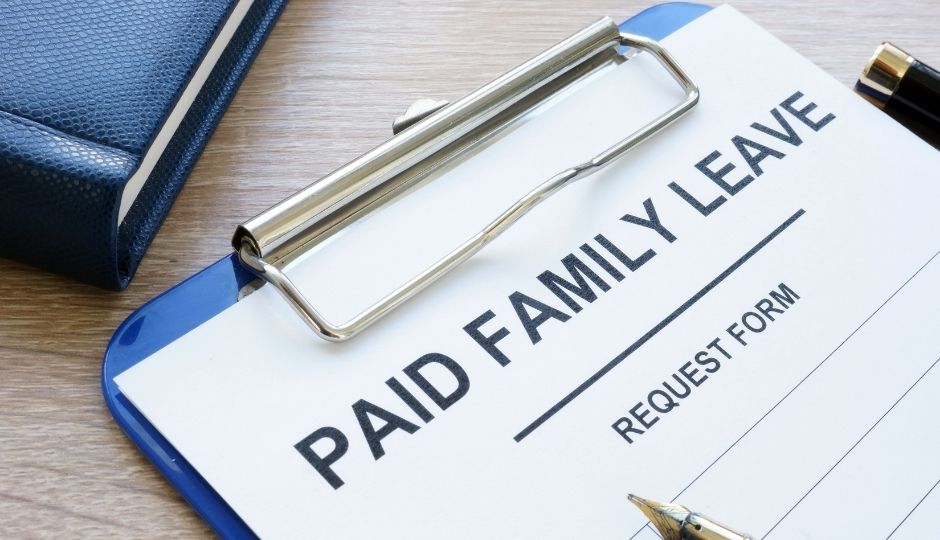This Raleigh Report was written by Jennifer Copeland, Executive Director, in collaboration with Matt Rossi, Duke Divinity School intern.
The past two years have revealed not only how vulnerable we are to illness, but have also put front and center the economic precarity that sickness can cause. As a result, the spotlight is shining on paid sick leave. Yet over the past year we have witnessed a serious failure on the part of lawmakers to pass equitable paid family leave legislation. Meanwhile, large corporations like Amazon and Walmart are cutting their paid leave benefits, putting sick workers in a potentially dangerous situation. Now, more than ever, voters must continue to pressure lawmakers to pass legislation that will ensure more safe and equitable conditions for all workers. As Christians we have valuable resources in our scriptures and traditions that support doing so.
For starters, Christians have long recognized that dependence is a fundamental fact of human life. All of us are born vulnerable, dependent on a parent or a caregiver for survival. All of us depend on others for care and support throughout our lives. All of us return to vulnerability and dependence in old age. Christians believe this dependence goes beyond the sphere of our human relationships, and that humans and the entire world depend on God for their very existence and sustenance day after day. In the Christian tradition, vulnerability and dependence are simply part of what it means to be created by God.
If there has been any benefit to the COVID-19 pandemic, it has been to pull back the veneer of our technologized and individualized society to remind us of the fragility of our lives. Many of us have seen afresh what it means to be dependent as we encounter the harsh proof of our mortality each day in the news. It remains the case, however, that our politics and our society often make the kind of dependence and mutual care that is so foundational to human life an economic impossibility for too many people. Consider, for example, the economic difficulties faced by families providing care to vulnerable members. According to the North Carolina Families Care Coalition, there are nearly 1.2 million family caregivers in North Carolina providing care to their elders, relatives with disabilities, or children with chronic disease. Furthermore, family members provide at least 80% of all care services for their families.
Meanwhile, the United States remains one of only eight countries in the world, and the only country among the world’s 40 largest economies, without national paid leave. This makes it extremely difficult, if not impossible, for many to care for the vulnerable members of their families, and denies the truth about human dependence. Simply put, the lack of paid leave for families makes being human more difficult. As Christians, we can bear witness to our ultimate dependence on God through our support of national paid family leave. Policies like paid family leave are an acknowledgment that humans are not autonomous individuals, fully capable of caring for ourselves at all times. Instead, we need one another, our families and extended family networks, for care and support. We are created for community, and in caring for one another we become a means of grace to one another, given by God as an image of God’s own unfailing love and care for us. Mutual dependence is part and parcel of what it means to be humans created by God. God being our help, let’s advocate for policies like paid family leave that make it easier, not harder, to be truly human. In doing so, we can be agents of God’s light and life in a dying world.


